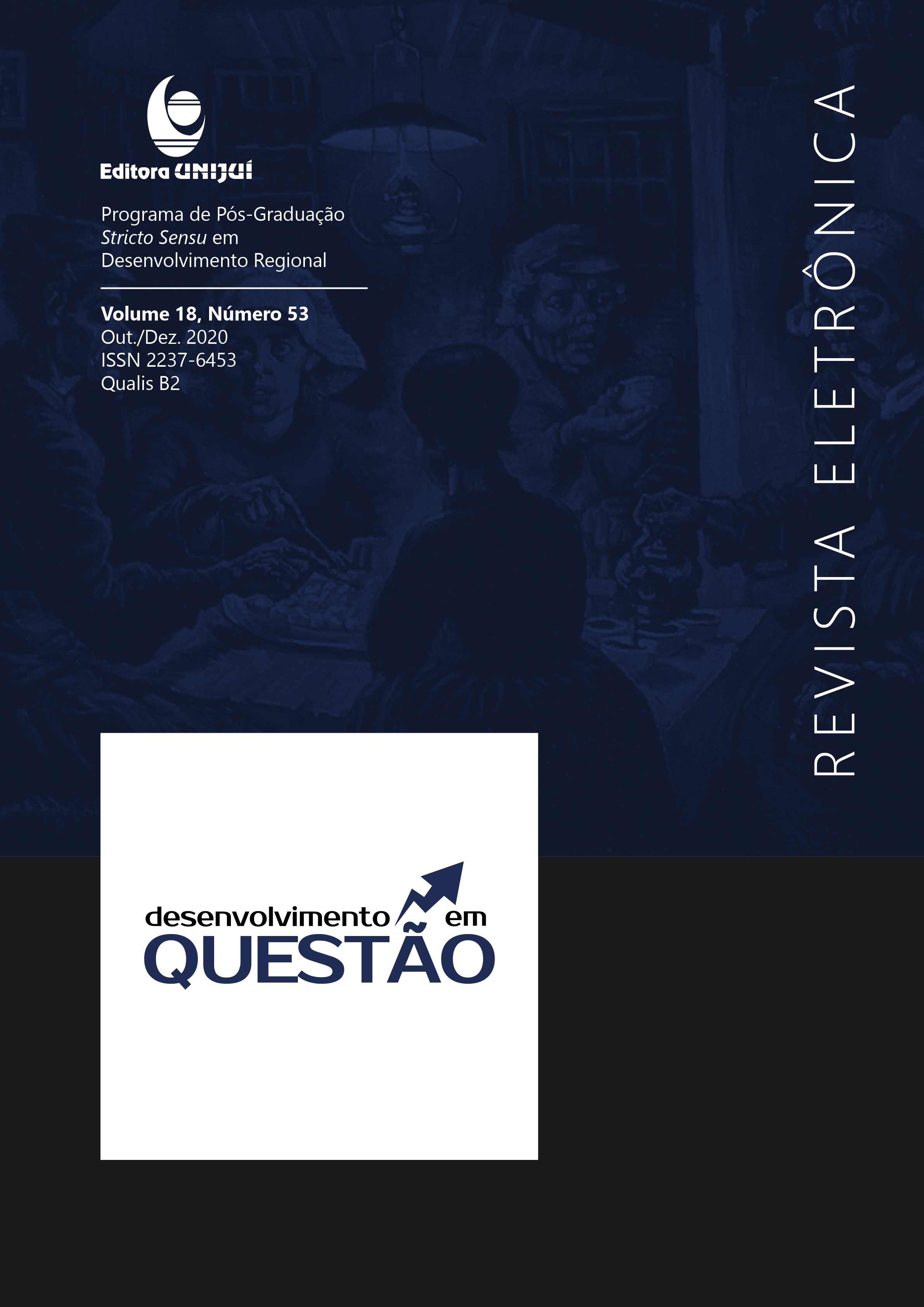INTEGRATIVE FRAMEWORK FOR COLLABORATIVE SOCIAL INNOVATION FROM THE RONDON PROJECT
DOI:
https://doi.org/10.21527/2237-6453.2020.53.330-351Keywords:
Social Innovation; Collaboration; Integrative Approach.Abstract
In the research area of social innovation, is essential to understand the process of generating value and how the interactions between the actors can generate something innovative. The aim of this article is to characterize the dynamics of an integrative framework of social innovation through the collaborative relations of the Rondon Project. An integrative theoretical framework was developed, based on the analysis of the literature, composed of four dimensions of analysis - social challenges, process, networks and results. The data collection used a qualitative approach, through in-depth interviews and focus groups with 38 participants of the Rondon Extension Project at the State University of Santa Catarina, public managers and from Rancho Queimado´s community. It is evident that the university enables the strengthening of collaborative networks between actors and co-creative practices imply mutual social value, favoring the sharing of knowledge and resources. In an initial effort to build a systemic vision, it was understood that to move towards a new paradigm of social innovation it is necessary to encourage collaborative, intersectoral and inclusive models, in order to provide innovative solutions that effectively generate value in solving social problems. Finally, future research is recommended for advances in the theme of social innovation.
Downloads
Published
How to Cite
Issue
Section
License
By publishing in Revista Desenvolvimento em Questão, authors agree to the following terms:
All works are published under the Creative Commons Attribution 4.0 International License (CC BY 4.0), which allows:
Sharing — to copy and redistribute the material in any medium or format;
Adaptation — to remix, transform, and build upon the material for any purpose, even commercially.
These permissions are irrevocable, provided that the following terms are respected:
Attribution — authors must be properly credited, a link to the license must be provided, and any changes made must be indicated.
No additional restrictions — no legal or technological measures may be applied that legally restrict others from doing anything the license permits.
Notices:
The license does not apply to elements that are in the public domain or covered by legal exceptions.
The license does not grant all necessary rights for specific uses (e.g., image rights, privacy, or moral rights).
The journal is not responsible for the opinions expressed in the articles, which are the sole responsibility of the authors. The Editor, with the support of the Editorial Board, reserves the right to suggest or request modifications when necessary.
Only original scientific articles presenting research results of interest that have not been previously published or simultaneously submitted to another journal with the same purpose will be accepted.
Mentions of trademarks or specific products are intended solely for identification purposes and do not imply any promotional relationship by the authors or the journal.
License Agreement (for articles published from 2025 onward): Authors retain the copyright to their article and grant Revista Desenvolvimento em Questão the right of first publication.











